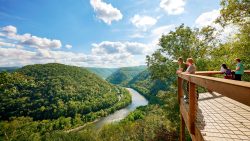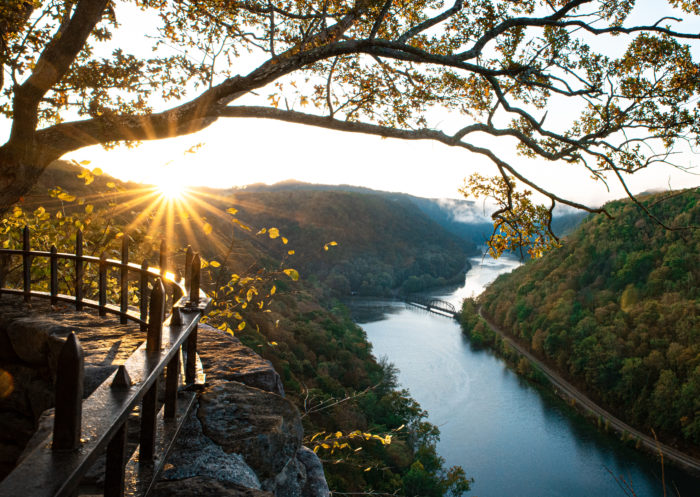7 fun ways to dig into your Appalachian roots
“Mountain folk” have their own way of doing things.
Old-time Appalachian practices are still alive and well in the hills and hollows of West Virginia. If you want to learn more about well-rooted mountain traditions and ways of life, here are some great places to start!
1. West Virginia Quilt Festival
Quilting is a combination of self-sufficient artistry and practicality, using warm blankets as works of art. Every June, at the West Virginia Quilters, Inc.’s annual festival in Summersville, enjoy competitions, classes and lectures about all things quilting. You’ll be blown away at some of the designs and images that seamstresses can put onto quilts!
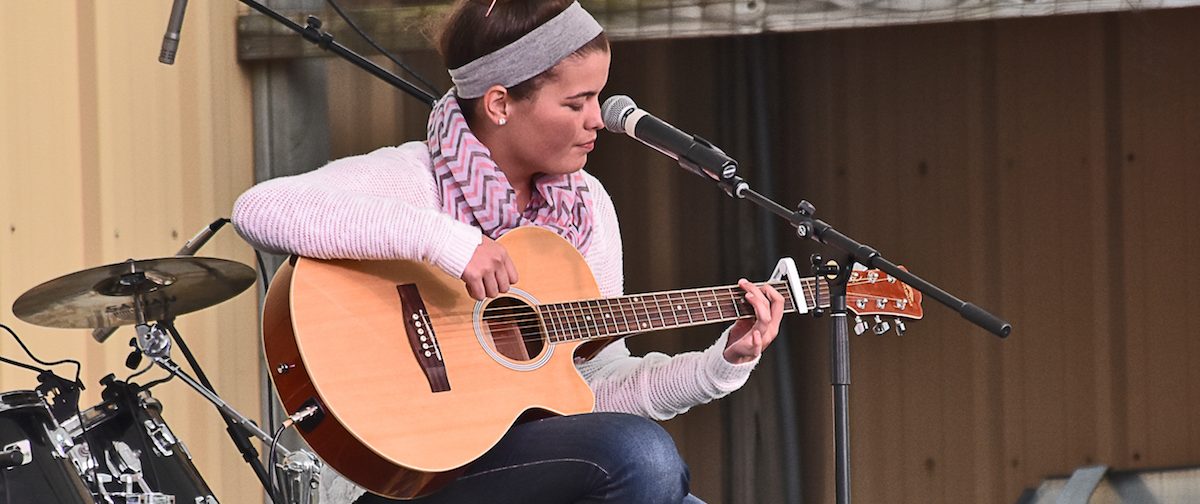
2. Old-time music at the Appalachian String Band Festival
Hear traditional music from all parts of Appalachia and beyond! This 5-day music festival in Clifftop is basically a sort of Woodstock for old-time string band enthusiasts. Musicians gather from around the globe at Camp Washington Carver, a beautiful expanse near Babcock State Park.
Although there are nightly concerts (Friday night’s “neo-traditional” competition is always a lot of fun), it’s also worthwhile just to walk through the camping area. Regular folks from all over pitch their tents, park their trailers and just jam out on basses, fiddles, guitars and banjos, while others perform traditional flat-foot dancing to the beat.
3. Living history at Prickett’s Fort
Prickett’s Fort in Fairmont is one of West Virginia’s most in-depth living history museums, recreating the wild pioneer frontier. Want to learn traditional metalworking? Sign up for blacksmithing and heritage arts classes. Learn how our ancestors cooked over fires with special “open-hearth” demonstrations.
Pricketts Fort even shares some post-18th century traditions, like outdoor bluegrass concerts, which are free to the public!
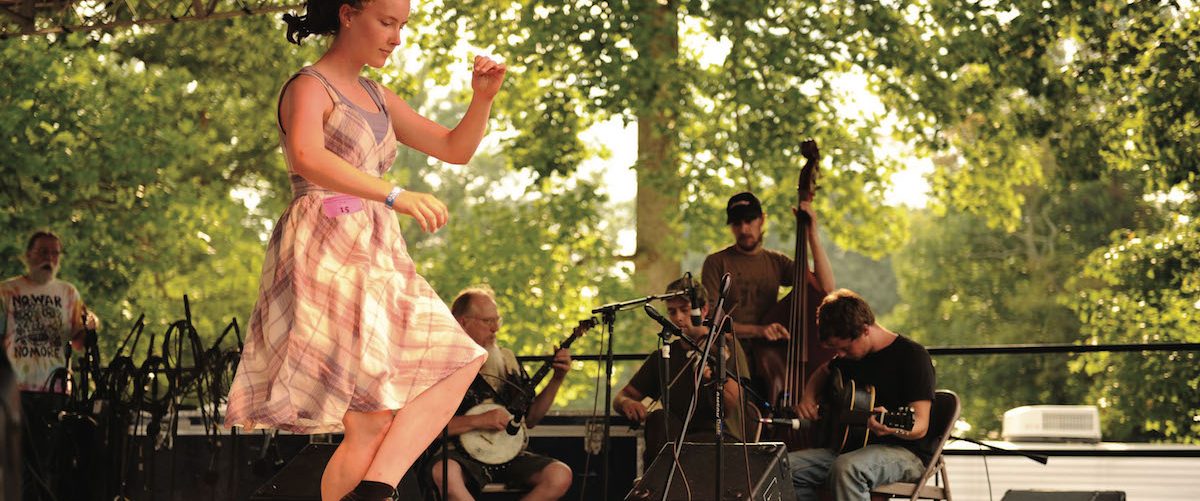
4. West Virginia State Folk Festival
There are a lot of places to hear great traditional old-time and Bluegrass music in West Virginia, but if you want to try some traditional square dancing with your banjo and fiddle music, head to the West Virginia State Folk Festival in Glenville.
In addition to some big dances and classes, you can also catch informal jams, fiddle and banjo contests, traditional food and drink, and a whole lot more.
5. Soap and candle crafting from Wild Rose Soap Company
Using waxes and tallows to make candles and soaps was an essential skill on the Appalachian frontier. Candles obviously were important light sources in the days before electricity, and soap helped with cleanliness and hygiene.
The Wild Rose Soap Company in Shepherdstown not only sells handmade craft candles and soaps, they also lead crafting classes so you can learn how to make your own. Call ahead to make sure you get a spot!
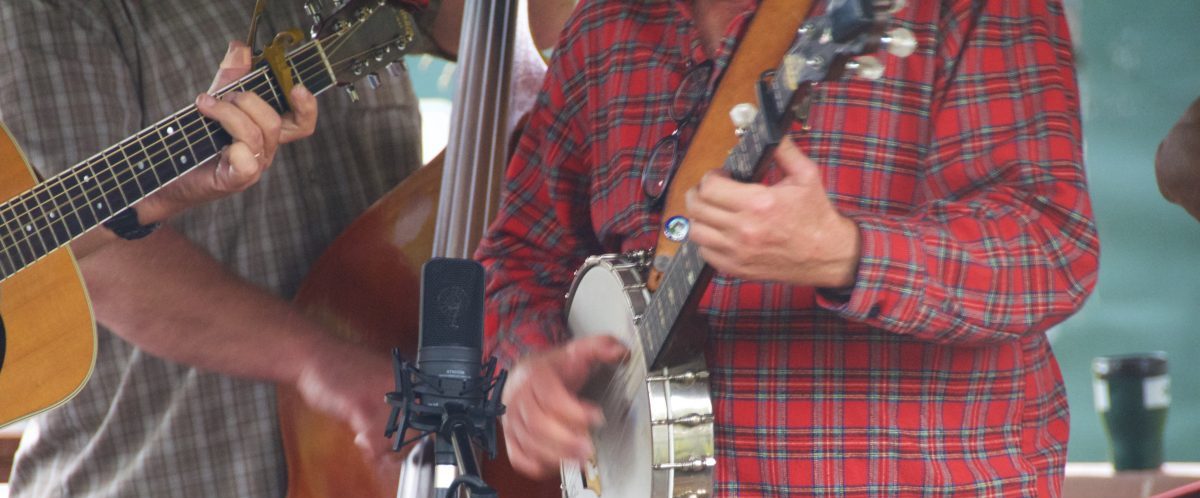
6. Summer sessions at the Augusta Heritage Center
The Augusta Heritage Center really keeps traditional Appalachian music alive. Their summer series of week-long themed workshops, like Bluegrass and Old-Time week, are mountain musician favorites.
Plus, every Tuesday and Thursday in the summer, they showcase traditional blues, creole and Appalachian bluegrass music. In the fall, they have a traditional fiddle and banjo competition that draws some of the best players in the nation.
7. Apple Butter Festival at Berkeley Springs
Berkeley Springs is one of our nation’s oldest spas and resorts, so it’s no surprise that this historic town knows how to preserve Appalachian heritage. One especially tasty way to explore it is to check out their Apple Butter Festival.
Apple butter is a sort of cousin to applesauce that has been stewed down to a rich, creamy consistency that is perfect for spreading on bread. In addition to tastings, pageants and arts & crafts, you can learn how to make your own apple butter, slowly stewing it over an open fire while you add sugar, spice and everything nice!
What are your favorite ways to experience your Appalachian roots?
This post was last updated on March 16, 2022

